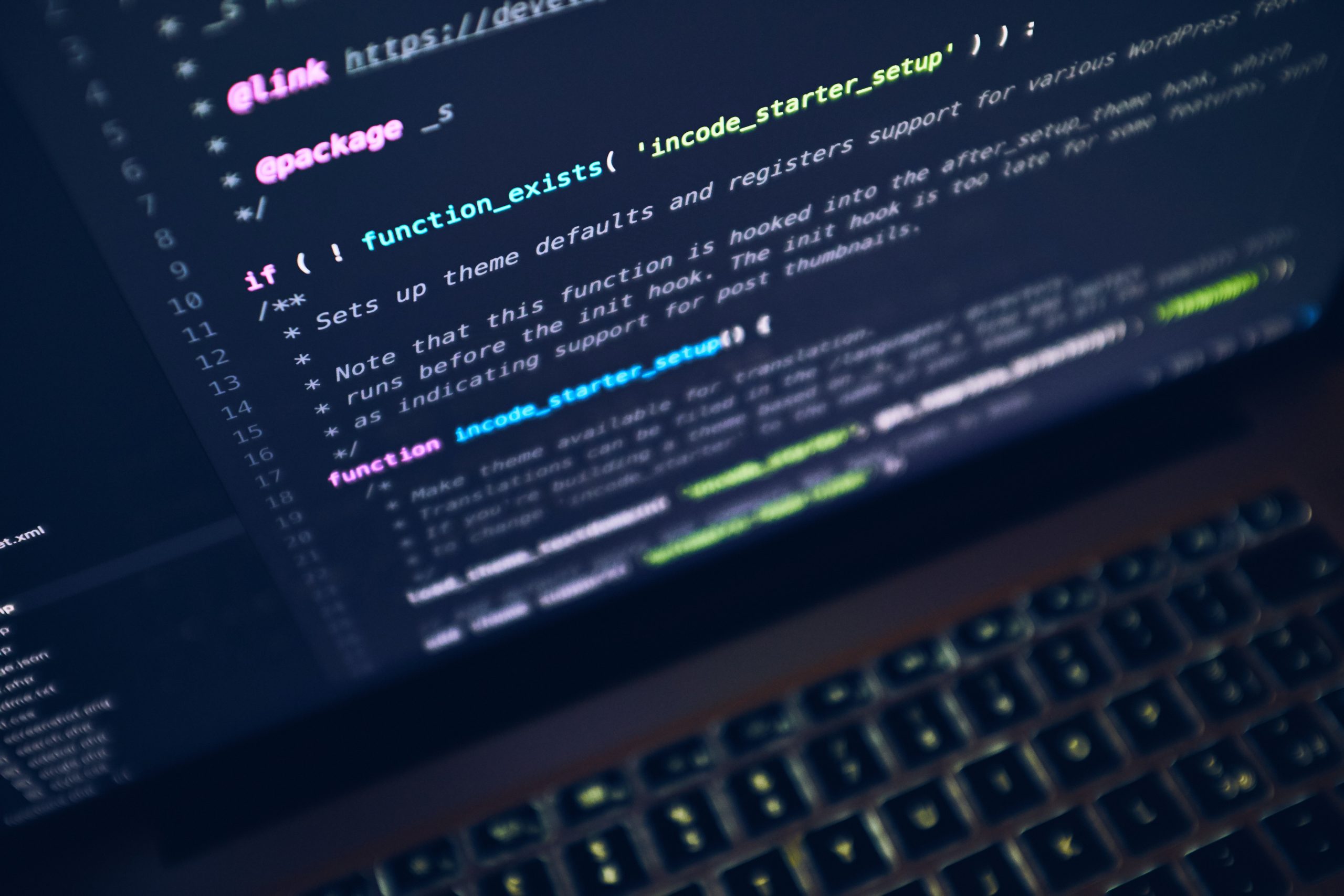World where legal documentation is not only accurate and comprehensive but also easily accessible and effortlessly generated. Thanks to advancements in artificial intelligence (AI), this vision is becoming a reality. One groundbreaking tool leading the way is ChatGPT, an innovative AI language model developed by OpenAI.
We will explore the remarkable capabilities of ChatGPT and its role in revolutionizing the legal industry. From streamlining document drafting processes to enhancing efficiency, there’s no denying that ChatGPT has the potential to reshape how legal professionals approach their work. So let’s dive into this fascinating topic and discover how ChatGPT is shaping the future of legal documentation!
The Role of Artificial Intelligence in the Legal Industry
Artificial intelligence has emerged as a game-changer in various industries, and the legal sector is no exception. With its ability to analyze vast amounts of data and perform complex tasks with speed and accuracy, AI is transforming the way legal professionals approach their work.
One key role of AI in the legal industry is assisting with legal research. Gone are the days of manually sifting through piles of case law and statutes. AI-powered tools can now quickly scan through massive databases, extract relevant information, and present it to lawyers in a concise format. This saves valuable time for legal professionals, allowing them to focus on more critical aspects of their cases.
Another important application of AI in law is document review. Traditionally, attorneys spent countless hours reviewing documents for discovery or due diligence purposes. However, with AI algorithms capable of understanding context and identifying patterns, this process can now be automated. By using natural language processing techniques, these systems can sift through documents at lightning speed while maintaining high levels of accuracy.
AI technology has also found its place in contract analysis and drafting. ChatGPT’s capabilities enable it to generate human-like responses based on input prompts related to contractual terms or clauses. This proves invaluable for lawyers who need assistance in crafting precise language that aligns with their clients’ needs.
It’s worth noting that there are some concerns surrounding the use of AI in the legal field. One common worry is bias within machine learning models used for decision-making processes such as sentencing or bail determinations. It’s crucial that developers address these biases during model training to ensure fairness and equity within the system.
We can expect further advancements in chatbot technologies like ChatGPT tailored specifically for legal applications. These developments will likely enhance collaboration between humans and machines by providing even more sophisticated support functionalities such as predicting potential outcomes based on past cases or generating comprehensive summary reports.

Benefits of Using ChatGPT for Legal Documentation
ChatGPT is revolutionizing the way legal documentation is handled, offering numerous benefits to professionals in the legal industry. One of the major advantages of using ChatGPT for legal documentation is its ability to streamline and automate processes. With ChatGPT, lawyers can generate accurate and comprehensive legal documents in a fraction of the time it would take manually.
By leveraging artificial intelligence (AI) technology, ChatGPT excels at analyzing vast amounts of data and extracting relevant information. This means that lawyers can rely on ChatGPT to conduct thorough research on case law, statutes, regulations, and other legal resources with remarkable efficiency. It saves valuable time that can be better spent on higher-value tasks such as client consultations or strategy development.
Using ChatGPT for legal documentation also improves accuracy. AI-powered algorithms are designed to minimize errors by constantly learning from their interactions with users and refining their responses accordingly. This reduces the risk of mistakes commonly associated with manual document drafting.
Another benefit worth highlighting is increased accessibility. Legal professionals can access ChatGPT anytime and anywhere through web-based platforms or mobile applications. This flexibility allows for seamless collaboration among team members working remotely or across different locations.
Using ChatGPT for legal documentation promotes consistency in drafting practices within an organization or across multiple cases handled by different lawyers. The model’s ability to adhere to specific guidelines ensures uniformity in style, language usage, formatting conventions, and standard clauses used throughout various documents.
Potential Concerns and Limitations of ChatGPT
While ChatGPT holds great promise for the legal industry, there are certain concerns and limitations that need to be addressed. One major concern is the potential for bias in the AI-generated content. Since ChatGPT relies on pre-existing data, it may inadvertently perpetuate existing biases present in legal documents.
Another limitation is the lack of human intuition and judgment that AI systems like ChatGPT possess. Legal professionals often rely on their expertise and experience to understand complex cases and interpret laws. While ChatGPT can provide information based on available data, it may not fully capture the nuances of a particular case or jurisdiction.
There is also a risk of reliance on AI without proper validation or verification. It’s crucial for lawyers to fact-check any information generated by ChatGPT before using it as part of legal documentation.
Privacy concerns arise when sensitive client information is shared with an AI system like ChatGPT. Safeguarding client confidentiality becomes even more critical when dealing with highly confidential legal matters.
Maintaining accountability poses a challenge when using AI-powered tools like ChatGPT. If errors occur or incorrect advice is provided, who should be held responsible? Determining liability becomes complicated when human decisions are influenced by an AI system.
These concerns and limitations highlight the importance of using AI tools like ChatGPT responsibly within the legal profession. As technology continues to advance, addressing these issues will be crucial in ensuring that AI systems enhance rather than hinder the practice of law.
Future Developments and Advancements for ChatGPT
Future developments and advancements for ChatGPT hold tremendous potential in revolutionizing the field of legal documentation. As OpenAI continues to refine its AI model, we can expect even more accurate and contextually intelligent responses from ChatGPT.
One area where future advancements could greatly benefit legal professionals is in the ability to generate complex legal documents with minimal human input. Imagine a world where lawyers can simply provide a few key details and let ChatGPT handle the arduous task of drafting contracts, briefs, or pleadings. This would not only save time but also reduce the risk of errors or omissions.
Another exciting prospect is the incorporation of specialized legal knowledge into ChatGPT’s training data. By incorporating vast amounts of legal precedents, statutes, and case law into its learning process, ChatGPT could become an indispensable tool for conducting legal research. It could analyze complex scenarios and provide relevant citations or insights within seconds.
Future developments may focus on enhancing collaboration between humans and AI systems. For instance, integrating ChatGPT into document management platforms can streamline workflows by automatically generating summaries or identifying critical information within lengthy contracts.
As these advancements continue to unfold, it’s important to consider ethical considerations surrounding AI-powered tools like ChatGPT in the realm of law. Striking a balance between automation efficiency and maintaining ethical standards will be crucial moving forward.
As technology progresses further, we are likely to witness significant improvements in both accuracy and functionality when it comes to using AI models like ChatGPT for legal documentation purposes. The potential benefits that await us are immense – saving time on drafting documents while ensuring accuracy through machine intelligence integration with human expertise.
The Impact of ChatGPT on The Future of Legal Documentation
The impact of ChatGPT on the future of legal documentation is undeniable. With its advanced capabilities and natural language processing, it has the potential to revolutionize the way legal professionals draft and review documents. By harnessing the power of artificial intelligence, lawyers can streamline their workflow, improve efficiency, and deliver more accurate and comprehensive results.
ChatGPT offers numerous benefits for legal documentation. Its ability to generate human-like responses allows lawyers to have interactive conversations with this AI-powered tool. This means that lawyers can receive instant feedback on their drafts, ask questions for clarification or guidance, and even explore different scenarios before finalizing a document.
ChatGPT’s vast knowledge base enables it to provide relevant information from various legal sources such as case law databases or statutes. This not only saves time but also ensures that legal documents are well-informed and up-to-date.
Like any technology, ChatGPT does have its limitations. It may occasionally produce incorrect or misleading responses due to biases in its training data or lack of context awareness. Therefore, it is crucial for users to carefully review and verify information generated by ChatGPT before incorporating it into official legal documents.
ChatGPT is shaping the future of legal documentation by offering an innovative solution that combines artificial intelligence with human expertise in a seamless manner. While there are concerns about potential limitations associated with AI-generated content in this field, ongoing research will undoubtedly pave the way for improved tools that meet professional standards.


